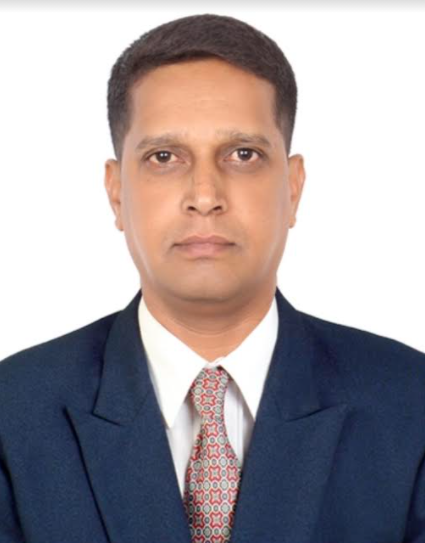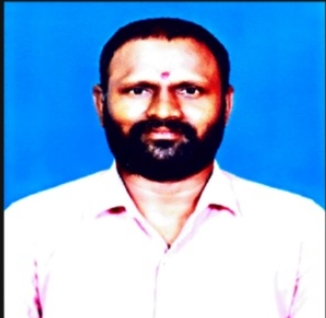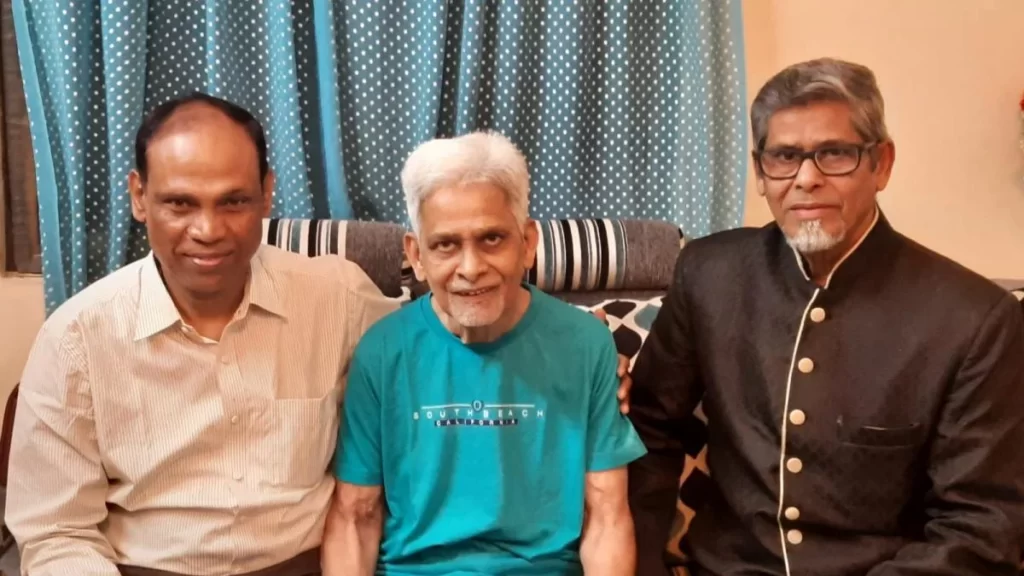Renowned Indian footballer and former captain, Mohammed Habib, passed away in Hyderabad due to age-related illness at the age of 74, leaving a Legacy of Excellence
Survived by his wife, four daughters, and a son, Habib, who gained fame in Kolkata before relocating to Hyderabad a few years ago, had been battling dementia and Parkinson’s Syndrome for the last year, confining him to his bed.

He breathed his last on Tuesday around 4 pm at his residence in Toli Chowki, Hyderabad.
Born on July 17, 1949, in Hyderabad, which was then part of undivided Andhra Pradesh, Habib left an indelible mark on Indian football. He represented the country for a decade, from 1965 to 1975, playing a pivotal role in the golden era that clinched a bronze medal at the 1970 Asian Games in Bangkok.
During this period, he played under the leadership of fellow state player Syed Nayeemuddin and was managed by another legend, P. K. Banerjee.
Additionally, he contributed to India’s third-place finish in the Merdeka Tournament in 1970 and performed admirably in the Pesta Sukan Cup in Singapore in 1971.
Over the course of his international career, which spanned 35 matches, Habib netted 11 goals, making his debut against Thailand in the Merdeka Cup in Kuala Lumpur in 1967.
Renowned for his agility on the Kolkata football fields, Habib’s remarkable footwork earned him a 17-year-long domestic career, where he proudly represented all three of Kolkata’s football giants.
His affiliations included multiple stints with East Bengal (1966-68, 1970-74, and 1980-81), Mohun Bagan (1968-69, 1976-78, and 1982-84), and Mohammedan Sporting Club (1975 and 1979).
Remarkably, his stature and prowess garnered immense respect, sparing him from the intense rivalry-driven criticism by ardent fans of these renowned clubs.
Affectionately known as ‘Bade Miyan’ in Kolkata, the diminutive forward also earned the moniker “Indian Pele,” a testament to his playing style. In recognition of his contributions, he was awarded the prestigious Arjuna Award in 1980.
Despite being born in Andhra Pradesh, Habib predominantly represented Bengal in domestic competitions, notably aiding them in securing victory in the Santosh Trophy in 1969. During that tournament, he emerged as the top scorer, netting 11 goals.
His remarkable football journey was adorned with accolades, including the East Bengal Bharat Gaurav Award in 2016 and the Banga Bibhushan Award from the West Bengal government in 2018, where he was hailed as the “First Professional Football Player” due to his transformative role in Kolkata’s football landscape.
Habib’s presence extended beyond his playing days. He transitioned into coaching, taking up roles at the Tata Football Academy (TFA) and as the chief coach of the Indian Football Association academy in Haldia, West Bengal.
His legacy continues through his impact on the sport and his lasting contributions to Indian football.








